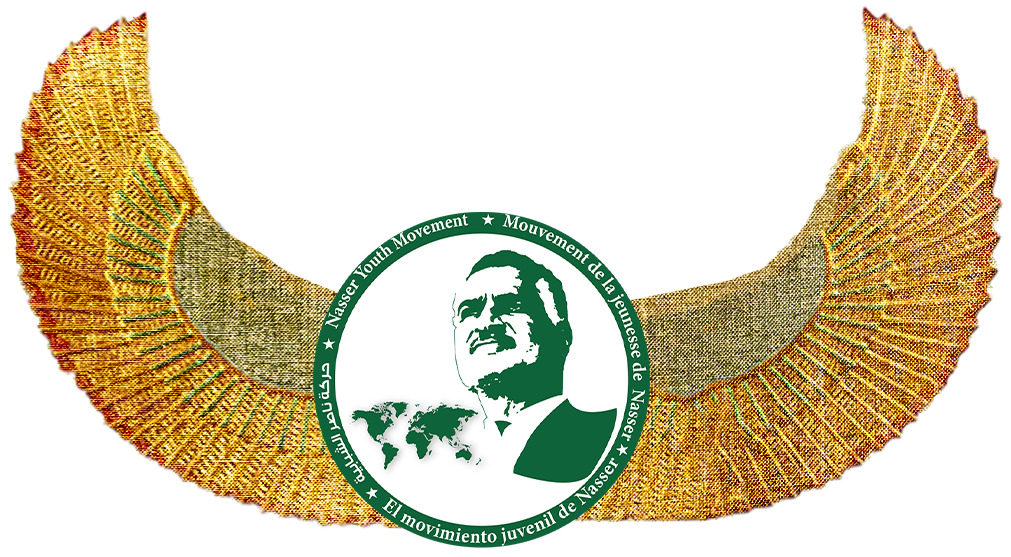Leadership and Scientific Research

Written by: Sarah Rashed
I have always been asked what the relationship is between leadership and scientific research. I have searched a lot to find an answer, but before an explaning, we have to first know what leadership is.
Despite the multiplicity definitions and concepts presented by researchers about leadership, an exact agreement on its definition. Some researchers focus on defining leadership. It is the outcome of the interaction between the leaders, the subordinates, and the situation, as well as the leadership process.
The leadership aims to mobilize individuals and their knowledge of work to achieve specific and creating cooperation between teams through the task distribution. Leadership is also the responsibility of individuals, who are assigned to various organizational positions that are concerned with their productivity to implement the targets of the organization. Benefitting from previous work experiences is the art of leadership. Achieving the goals of government and the organizations, the greatness of their words, the fullness of the word, its unity, and its strength.
When it comes to applying the leadership basics for scientific research, the researcher thinks self-confidence is important for a purpose. It is the main pillar for success and avoiding failure. In the event of failure, he should have a tendency to support and see the strength in his team.
Moreover, when we talk about change, it needs effort to deal with it, like dealing with adaptation and dealing with rejection, both of which lead to creativity.
Scientific research is the backbone of development. Scientific research has a great purpose, and it represents national wealth in the state that embraces and advances it. It gathers knowledge, experience, and creativity. It's the key to the development that pushes the world forward. The meaning of research is the method performed by the researcher that explains scientific theories and generates new industries and even cultures. It can be said that scientific research covers a wide range of knowledge.
The researcher should be characterized by moral properties like patience and enduring hardships, calmness and acceptance of criticism, creation, creativity, and figuring out new alternatives. Also, the researcher should have scientific means to create new research, like familiarity with the subject matter of research and the ability to review comprehensively and read a number of references, prejudice without evidence and putting the evidence into consideration; and the ability to analyses, educate, classify, and visualize.
Therefore, when a researcher tends to take the road of scientific research, he should be a leader first in order not to lose passion and creativity.
(Image copyright: The Conversation Africa)


